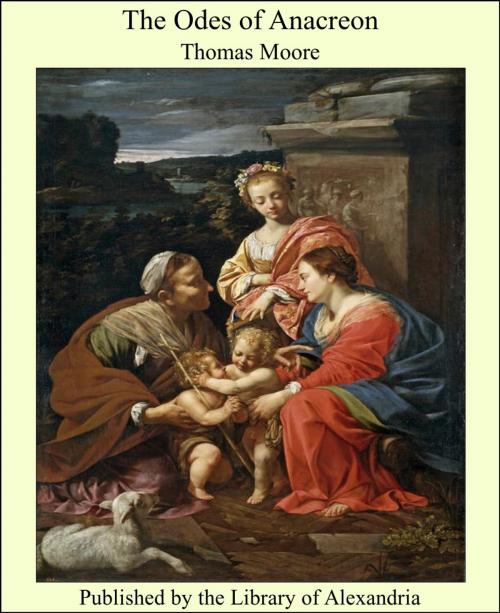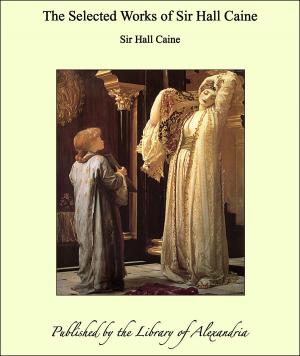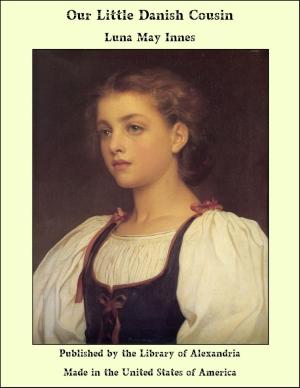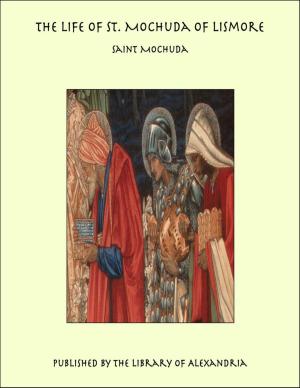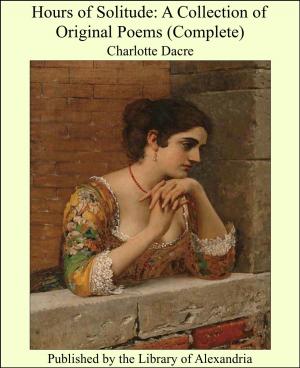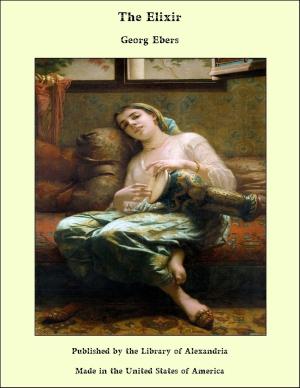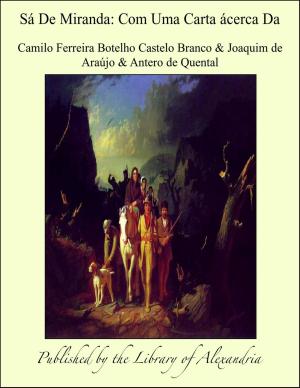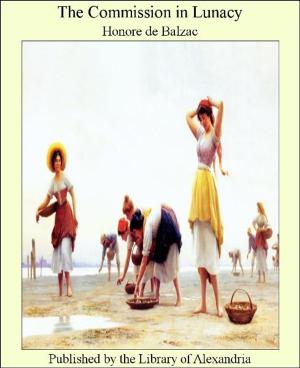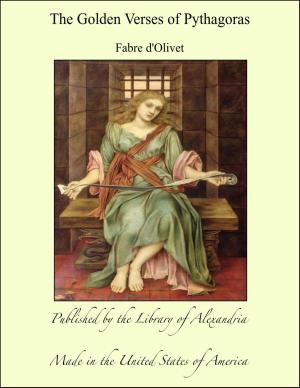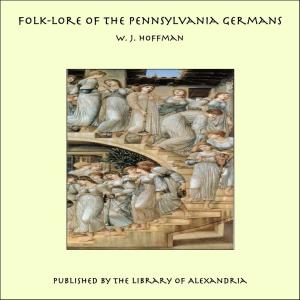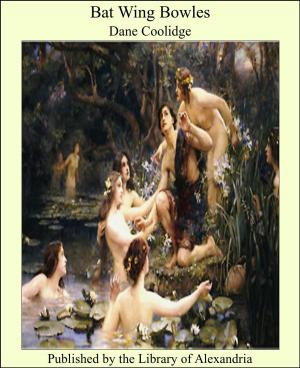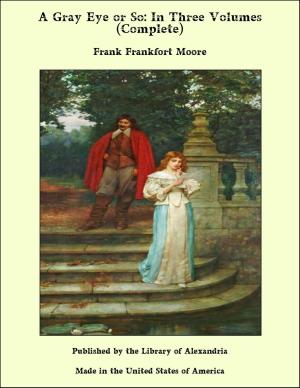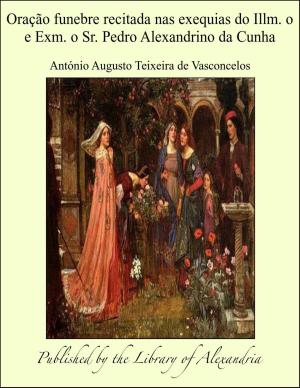| Author: | Thomas Moore | ISBN: | 9781465516039 |
| Publisher: | Library of Alexandria | Publication: | March 8, 2015 |
| Imprint: | Language: | English |
| Author: | Thomas Moore |
| ISBN: | 9781465516039 |
| Publisher: | Library of Alexandria |
| Publication: | March 8, 2015 |
| Imprint: | |
| Language: | English |
Amongst the innumerable translators of Anacreon, there was one—a Frenchman by birth—who was both an illustrious painter and a literary enthusiast. Girodet de Roussy, inspired by a genius altogether Greek in its character, has translated Anacreon better by his pencil than he could have been translated by words. One might fancy that his designs had been executed under Anacreon's own eye by some Greek artist, who had himself witnessed that soft and voluptuous existence, where song and pleasure are one. Seldom indeed have chasteness of execution and voluptuousness of character been so curiously and indissolubly blended. Seldom has a modern artist so happily caught the spirit of an ancient poet. We seem to be transported, as in a dream, to the vines, and orange-groves, and cloudless skies of Greece, and the wearied spirit abandons itself for a while to the soft influences of the azure heaven, the countless luxuriance of roses, the undulating forms of the fair girls dancing in the shade, while youthful attendants brim the beaker with wine. Under such influences we remember that youth, and love, and mirth are immortal, and we say with Horace,—'Nec, si quid olim lusit Anacreon Delevit ætas.' Hor.[A] In that close wrestle of the genius that imitates with the genius that creates, Girodet alone came out from the trial successfully. He has shown himself the rival of Anacreon in grace, in abandon, in naïveté. He has succeeded in depicting his poet's theme with equal elegance and delicacy. Loving with a real love those old Greek songs, he has displayed them in living beauty before our eyes in fifty-four exquisite drawings. To attempt such a masterpiece required a poet's as well as a painter's skill; and Girodet was both a painter and a poet. [A] 'Time cannot raze Anacreon's name, Nor prey upon his youthful strains
Amongst the innumerable translators of Anacreon, there was one—a Frenchman by birth—who was both an illustrious painter and a literary enthusiast. Girodet de Roussy, inspired by a genius altogether Greek in its character, has translated Anacreon better by his pencil than he could have been translated by words. One might fancy that his designs had been executed under Anacreon's own eye by some Greek artist, who had himself witnessed that soft and voluptuous existence, where song and pleasure are one. Seldom indeed have chasteness of execution and voluptuousness of character been so curiously and indissolubly blended. Seldom has a modern artist so happily caught the spirit of an ancient poet. We seem to be transported, as in a dream, to the vines, and orange-groves, and cloudless skies of Greece, and the wearied spirit abandons itself for a while to the soft influences of the azure heaven, the countless luxuriance of roses, the undulating forms of the fair girls dancing in the shade, while youthful attendants brim the beaker with wine. Under such influences we remember that youth, and love, and mirth are immortal, and we say with Horace,—'Nec, si quid olim lusit Anacreon Delevit ætas.' Hor.[A] In that close wrestle of the genius that imitates with the genius that creates, Girodet alone came out from the trial successfully. He has shown himself the rival of Anacreon in grace, in abandon, in naïveté. He has succeeded in depicting his poet's theme with equal elegance and delicacy. Loving with a real love those old Greek songs, he has displayed them in living beauty before our eyes in fifty-four exquisite drawings. To attempt such a masterpiece required a poet's as well as a painter's skill; and Girodet was both a painter and a poet. [A] 'Time cannot raze Anacreon's name, Nor prey upon his youthful strains
